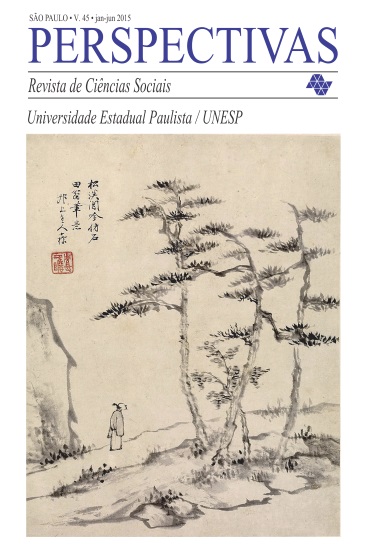Collective bargaining and labor conflict in emerging countries: the case of Argentina
Keywords:
Labor relations, Collective bargaining, Labor conflict, Union revitalizationAbstract
Since 2003, Argentina is going through a process of improving of the labor market indicators: fall in unemployment, wage increase, reconstruction of the national industry and a new role of trade unions. Many authors point out that this is the birth of a “new regime of employment” and a rebirth of unionism. This article investigates about the changes that occurred since 2003, particularly in collective bargaining and labor conflict. The aim is to understand these changes in labor relations by analyzing their potential and limitations and establish the extent to which the processes of collective bargaining and conflict are part of a process that gives new life to the trade unions.
Downloads
Published
15/12/2016
Issue
Section
Dossiê: Relações internacionais e os dilemas da economia mundo

